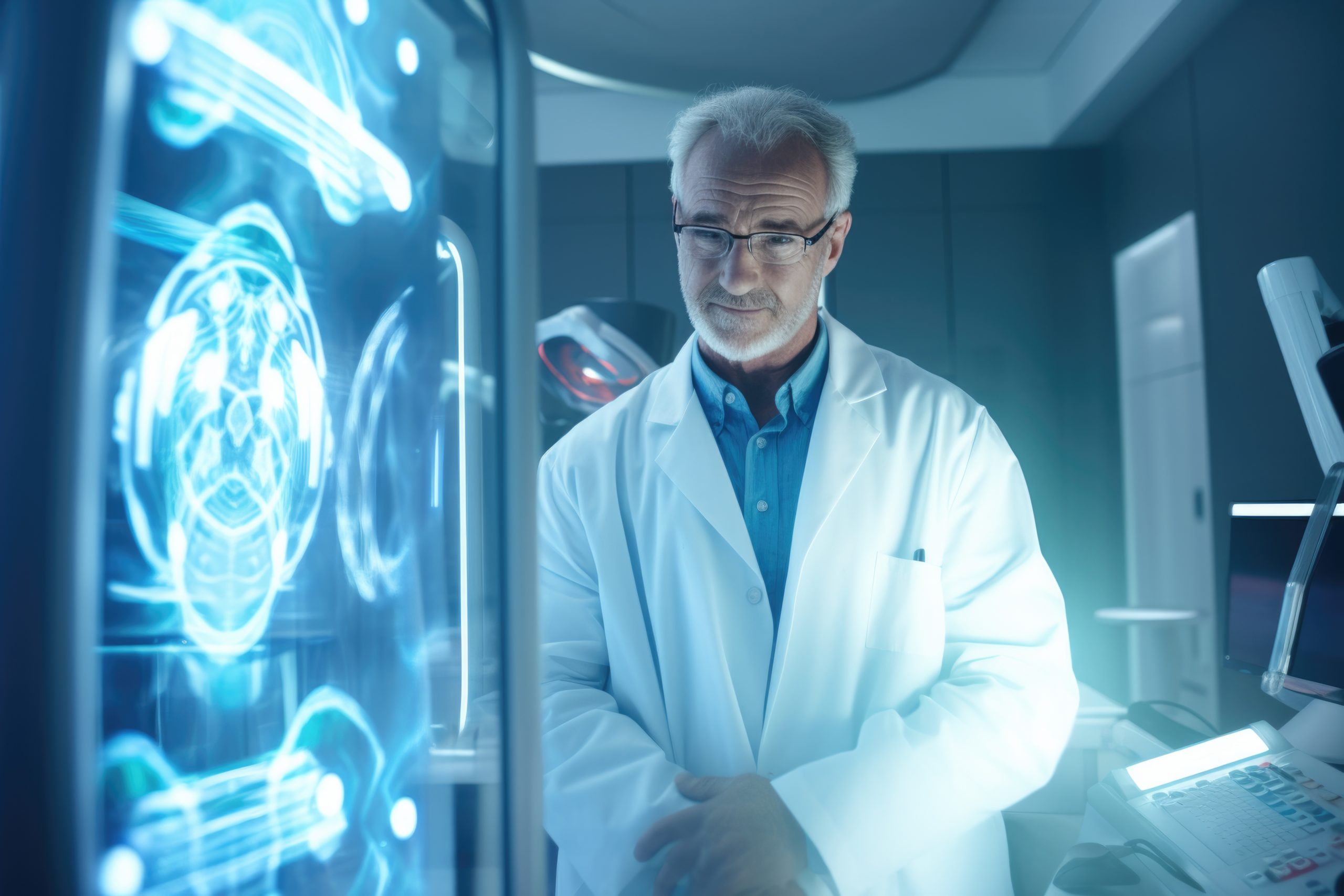
Revolutionising Care: How Telecare and Remote Monitoring are Transforming the UK Care Landscape
The landscape of care in the UK is undergoing a significant transformation. Technology is playing a pivotal role in this evolution, with telecare and remote monitoring emerging as key tools for delivering high-quality care. Let’s explore how these innovative solutions are shaping the future of care for the better.
What are Telecare and Remote Monitoring?
- Telecare: This encompasses a range of technologies that enable remote communication and support for individuals living independently. Examples include emergency call buttons, medication reminders, and videoconferencing systems that connect users with caregivers or family members.
- Remote Monitoring: This involves utilising wearable sensors and devices to collect real-time health data remotely. The data can include vital signs like blood pressure, heart rate, and oxygen saturation, allowing caregivers to monitor a patient’s health status proactively.
Benefits of Telecare and Remote Monitoring:
- Enhanced Independence and Peace of Mind: These technologies offer greater autonomy for care recipients, allowing them to live independently with the reassurance of knowing help is readily available if needed.
- Improved Care Management: Real-time data from remote monitoring allows caregivers to identify potential health concerns early on, enabling timely intervention and potentially preventing complications.
- Reduced Hospital Readmissions: Proactive monitoring can help prevent avoidable hospital admissions by identifying and addressing health issues before they escalate. This leads to better health outcomes and reduced healthcare costs.
- More Personalised Care: By gathering detailed data on individuals’ health status and daily routines, care plans can be personalised to better suit their specific needs and preferences.
- Reduced Burden on Caregivers: Technology can streamline communication and automate certain tasks, freeing up caregivers’ time to focus on providing more personalised and hands-on care.
Examples of Telecare and Remote Monitoring in Action:
- Fall Detection Systems: Wearable sensors can detect falls and automatically send alerts to caregivers, ensuring prompt assistance in case of an emergency.
- Chronic Disease Management: Remote monitoring devices can track vital signs for individuals with chronic conditions like diabetes or heart failure, allowing for adjustments to medication or treatment plans as needed.
- Telehealth Consultations: Video conferencing platforms enable remote consultations with healthcare professionals, improving access to care for those in rural areas or with mobility challenges.
The Future of Telecare and Remote Monitoring:
The potential of these technologies continues to expand. Here’s a glimpse into what the future holds:
- Integration with Artificial Intelligence (AI): AI algorithms can analyse data from remote monitoring systems to identify trends and predict potential health risks, further enhancing proactive care.
- Increased Use of Wearable Devices: Advancements in wearable technology will likely lead to a wider range of devices that can monitor various health parameters with greater accuracy and comfort.
- Focus on Mental Health: Telecare and remote monitoring systems could be adapted to incorporate tools for monitoring mental well-being, offering remote support and early intervention for mental health concerns.
The Road Ahead: Embracing Technology for a Better Future of Care
Telecare and remote monitoring offer a glimpse into a future of care delivery that is more efficient, personalised, and empowering for both care recipients and caregivers. As technology continues to evolve, the UK care sector has the opportunity to leverage these advancements to deliver high-quality care and ensure a better quality of life for a growing aging population. By embracing these innovative solutions, we can shape a future where technology serves as a valuable tool, complementing human connection and compassion to create a more supportive and empowering care experience for all.